|
If you aren’t a self-described metalhead, you might be surprised to learn that those with a love for leather jackets and amps cranked up to 11 are actually quite well read. If you are a metalhead, you’re probably convinced that half of all metal songs are secretly (or not so secretly) about J.R.R. Tolkien’s Lord of the Rings. From Led Zeppelin and Black Sabbath in the late 60s, through the thrash metal of the 80s, up to modern day slayers Mastodon and Lamb of God, nearly every metal band has at least one song inspired by literature - classic literature as often as fantasy and science fiction. Check out some of our favorites and the books they’re inspired by below. “Blood and Thunder” from Mastodon's 2004 album Leviathan, featuring Neil Fallon of Clutch White whale, holy grail Split your lungs with blood and thunder When you see the white whale Break your backs and crack your oars, men If you wish to prevail This ivory leg is what propels me Harpoons thrust in the sky Aim directly for his crooked brow And look him straight in the eye One glance at the album art for Leviathan tells you everything you need to know about Mastdon’s second album; its brutal, its beautiful, and it's entirely based on Herman Melville’s Moby Dick. Staying true to its source material, opening track “Blood and Thunder” not only describes a half-mad sea captain hell-bent on revenge, but includes near-direct quotes from Moby Dick itself. Featuring Clutch frontman Neil Fallon on vocals, a chorus of “white whale, holy grail” echos the chants of men at sea rowing together against a raging sea - or sperm whale. “For Whom the Bell Tolls” from Metallica’s 1984 album Ride the Lightning Make his fight, on the hill, in the early day Constant chill deep inside Shouting gun, on they run, through the endless grey On they fight, for their right, yes, but who's to say? For a hill, men would kill — Why? They do not know Stiffened wounds test their pride Men of five, still alive, through the raging glow Gone insane from the pain that they surely know For whom the bell tolls Time marches on The literal tolling of a bell kicks off this classic Metallica song, making it instantly recognizable by anyone who survived the 1980s. Following Cliff Burton’s epic bass solo (RIP - it should have been Lars), James Hetfield launches into a gritty opening verse about The Spanish Civil War. That’s right - Metallica didn’t just borrow the title of Erest Hemingway’s For Whom the Bell Tolls, but actually refers to events and passages of the book throughout the lyrics. Hemingway himself took the line from metaphysical poet John Donne’s Devotions upon Emergent Occasions - “Never send to know for whom the bell tolls; It tolls for thee.” If the tolling of funeral bells and the brutality of modern warfare isn’t metal, we don’t know what is. “The Bard’s Song - The Hobbit” from Blind Guardian’s 1992 album Somewhere Far Beyond Out in the distance there's so much gold The treasure that I've found is more than enough Far to the hill we've to go over the mountain and seas To the old hill where the old dragon sleeps Blind in the dark dungeon's night So God please take me away from here And Gollum shows the way right out This entire list could easily be filled by Blind Guardian songs. In fact, a separate list could be made entirely of Blind Guardian songs specifically about J.R.R. Tolkien’s Lord of the Rings. No stranger to high fantasy, these German power metal kings have an entire album (Nightfall in Middle-Earth) devoted to J.R.R. Tolkien’s The Silmarillion. One of my favorites of Blind Guardian’s tributes to Tolkien is The Bard Song. Quite the bard himself, vocalist Hansi Kürsch tells the tale of The Hobbit with soaring vocals. His signature style of layering multiple vocal tracks to produce complex harmonies leads to a chorus that sounds like a band of dwarves bursting into song around a campfire. “To Take the Black” from The Sword’s 2008 album Gods of the Earth Cast out from the lands of their births Banished from hearth and home All brothers must swear the oath Forsaking all they've ever known Those who choose to take the black Bid farewell to comforts great and small Those who do, don't come back Prepare yourself for life on the Wall Three years before the wider world discovered George R. R. Martin’s A Game of Thrones through HBO’s television series, The Sword was writing songs about it. More specifically, To Take the Black focuses on the Night’s Watch, a brotherhood of warriors found throughout Martin's A Song of Fire and Ice series. Having sworn an oath to protect the realm of Westeros from evil lurking beyond the northern wall, brothers of the Night’s Watch renounce women, their families, politics, and earthly comforts in general. Already covered in black leather and studs, give them a few guitars and the Night’s Watch could easily join the Brothers of Metal - though Manowar might not be so keen on the whole celibacy thing. “The Trooper” from Iron Maiden’s 1983 album Piece of Mind You'll take my life, but I'll take yours too You'll fire your musket, but I'll run you through So when you're waiting for the next attack You'd better stand, there's no turning back The bugle sounds, the charge begins But on this battlefield, no one wins The smell of acrid smoke and horse's breath As I plunge on into certain death Iron Maiden fans are probably surprised it took this long for them to show up on this list. With songs like Brave New World, Lord of the Flies, and The Rime of the Ancient Mariner, bassist and primary songwriter Steve Harris is clearly no stranger to the library. The Trooper stands out not only as a classic Maiden song, but for its nods to the epic poem The Charge of the Light Brigade by Alfred Tennyson. Tennyson’s poem tells the true story of the Battle of Balaclava, where miscommunication lead the British light cavalry into a suicidal attack against heavily armed Russian riflemen. Galloping bass lines and Bruce Dickinson’s operatic vocals take The Charge of the Light Brigade and transform it into a battle cry. Who knows - maybe the light cavalry would have been victorious if they had Iron Maiden egging them on. “The Rapture of Riddley Walker” from Clutch’s 2007 album From Beale Street to Oblivion There is no safe way out of here. No passage below the dungeon No mother ship will save you. So goes the rapture of Riddley Walker. How many-cools of Addom? Party cools of stone? Hart of the wood shadder. Eusa roam. Drop-John been climbing on Riddley’s back. Follow the power, a natural fact Orfing & Ardship, hardship is plain. Hardly Goodparley is ever the same. Nearly all of Clutch’s inventive lyrics could be about a strange, dystopian future, but The Rapture of Riddley Walker actually is. Inspired by Russel Hobart’s science fiction novel Riddley Walker, frontman Neil Fallon sings of a ruined world 2000 years after nuclear warfare has set civilization back to the Iron Age. The strange lyrics and spelling aren’t just nonsense words that sound cool (which Fallon admits is occasionally part of his writing process) but are actually straight from the crude English dialect invented by Hobart for Riddley Walker. Of all the songs on this list, The Rapture of Riddley Walker persuades us to read the book it's based upon the most. “Dante’s Inferno” from Iced Earth’s 1995 album Burnt Offerings Through the fiery caverns we sail Virgil at my side, my guide and master Questing through the nine planes of Hell Infernal wisdom shall fill my soul Slowly now the days departing The darkened air releases me Frightening visions of my journey Entrance me to Limbo, I'm not free Abandon all hope who enter here Enter the gates, Charon awaits Iced Earth’s Dante’s Inferno has everything you’d expect from a metal song about Dante Alighieri’s Divine Comedy; haunting lyrics, choral satanic chanting, organ-like keyboards and eerie riffs. Vocalist Matt Barlow switches between clean and distorted vocals, at times sounding like a guiding poet, and at others a demon. Clocking in at 16 minutes, Iced Earth keeps listeners engaged through each of Alighieri’s nine circles of hell with dramatic changes in tempo and intensity. If the eternal flames don’t melt your face off, Jon Schaffer’s squealing guitar solos will. “Among the Living” from Anthrax’s 1987 album of the same name Disease, disease, spreading the disease With some help from Captain Trips he'll bring the world down to his knees Power, yes power, he'll show them all his power It pulses through his ice cold blood, a whole world to devour He's seeing, he's calling, his legacy he's spawning He's coming, corrupting, among the living Classic thrash band Anthrax starts out their breakthrough album, Among the Living, with a heavy hitting song of the same name. Based on Stephen King’s The Stand, Anthrax shares the tale of a post-pandemic world where propaganda is used to divide the small remaining population into factions of good and evil. But don’t worry - despite how the world might seem at the moment, The Stand is a work of fiction! Like Tolkien, Stephen King is another author that acts as muse to metal musicians the world over. “Dorian” from Demons & Wizards’ 2005 album Touched by the Crimson King Dorian, Oh how sad it is Time is jealous, Time is pain Oh how cruel for me to know Each breath will take beauty away If I stayed young and the picture turned old For that I would give everything Almost every song on this power metal supergroup’s second album is heavily inspired by literature. The album title, Touched by the Crimson King, is a direct nod to Steven King’s Dark Tower series, as are several tracks including The Gunslinger and Terror Train. Formed by members of both Iced Earth and Blind Guardian, it would almost be strange if their collaboration didn’t include a few ballads about epic fantasy novels. What is an outlier is the song Dorian, plainly inspired by Oscar Wilde’s gothic classic The Picture of Dorian Gray - and it slays! “Goodbye Windows” from Corrosion of Conformity’s 1996 album Wiseblood Past regrets and future fear turns a boy into a man Sooner than he plannned. All the same the boy remains Even though he's free he can't fly with these heavy chains Saw your mother yesterday and she had these words to say Like a judgement day, I think he shoulda known better I'd rather have holes in my eyes Then to watch your soul paralyzed Goodbye Your shining son no longer glows Goodbye window Originally a hardcore punk outfit, southern heavy metal legends Corrosion of Conformity bring Flannery O’Connor’s Wise Blood to life with their fifth album of the same name. Pepper Keenan’s bluesy vocals pair perfectly with halting, fuzzy guitar riffs, evoking O’Connor’s southern gothic writing style. While the entire album explores the novel’s themes of false profits, abandonment, and crises of faith, Goodbye Window sticks the closest to its source material. While Goodbye Window might not be the heaviest track on this list, Wise Blood is definitely the most brutal. Do you think O’Connor would have been a metalhead? - Kristen Doyle
0 Comments
Your comment will be posted after it is approved.
Leave a Reply. |
Adult News & reviewsLibrary news, info about upcoming events, reviews of books and films, and a look at the topics that affect us as a library. Archives
July 2023
|
General |
Borrowing |
About |

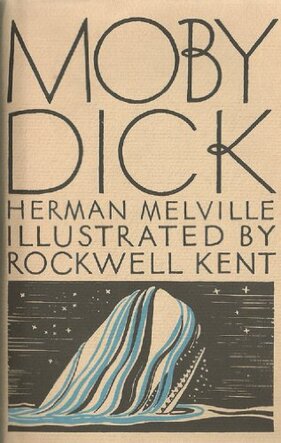
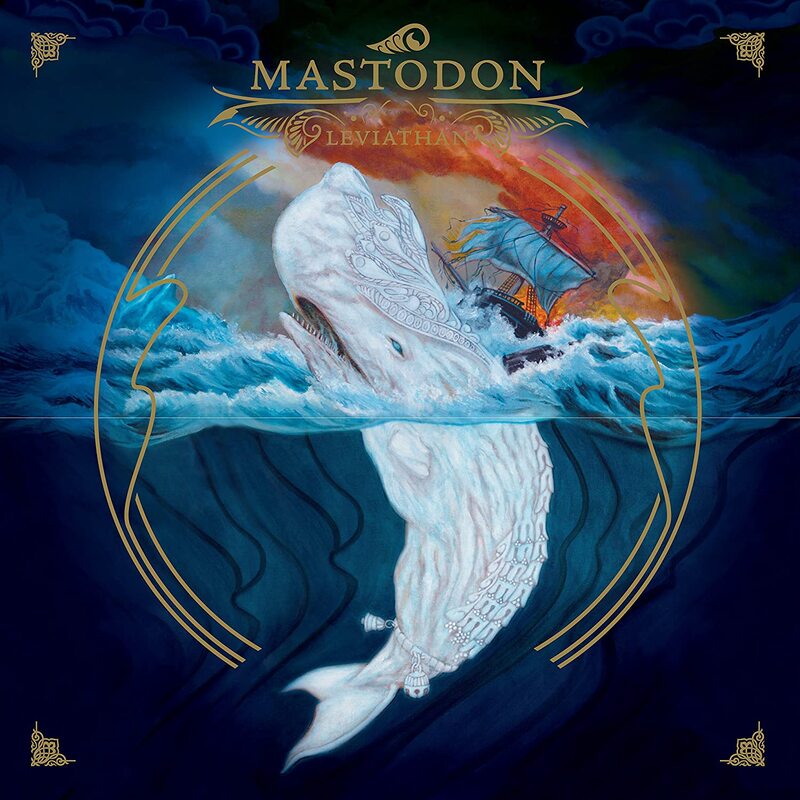
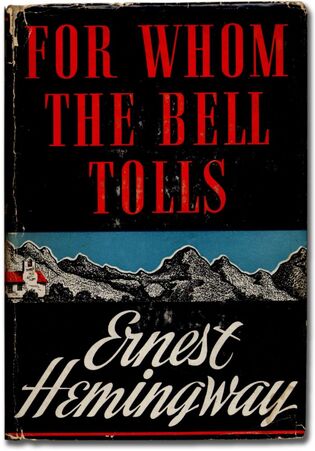
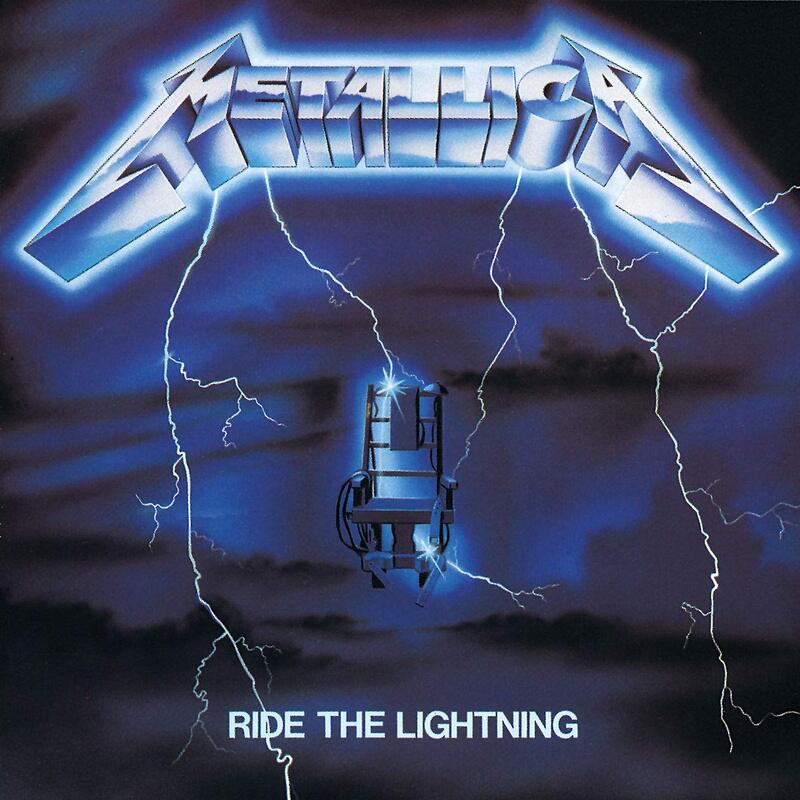
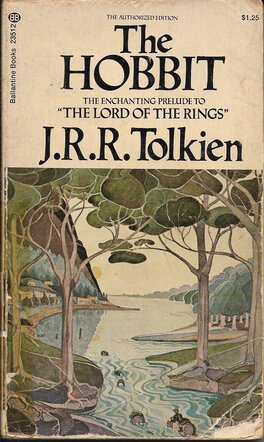
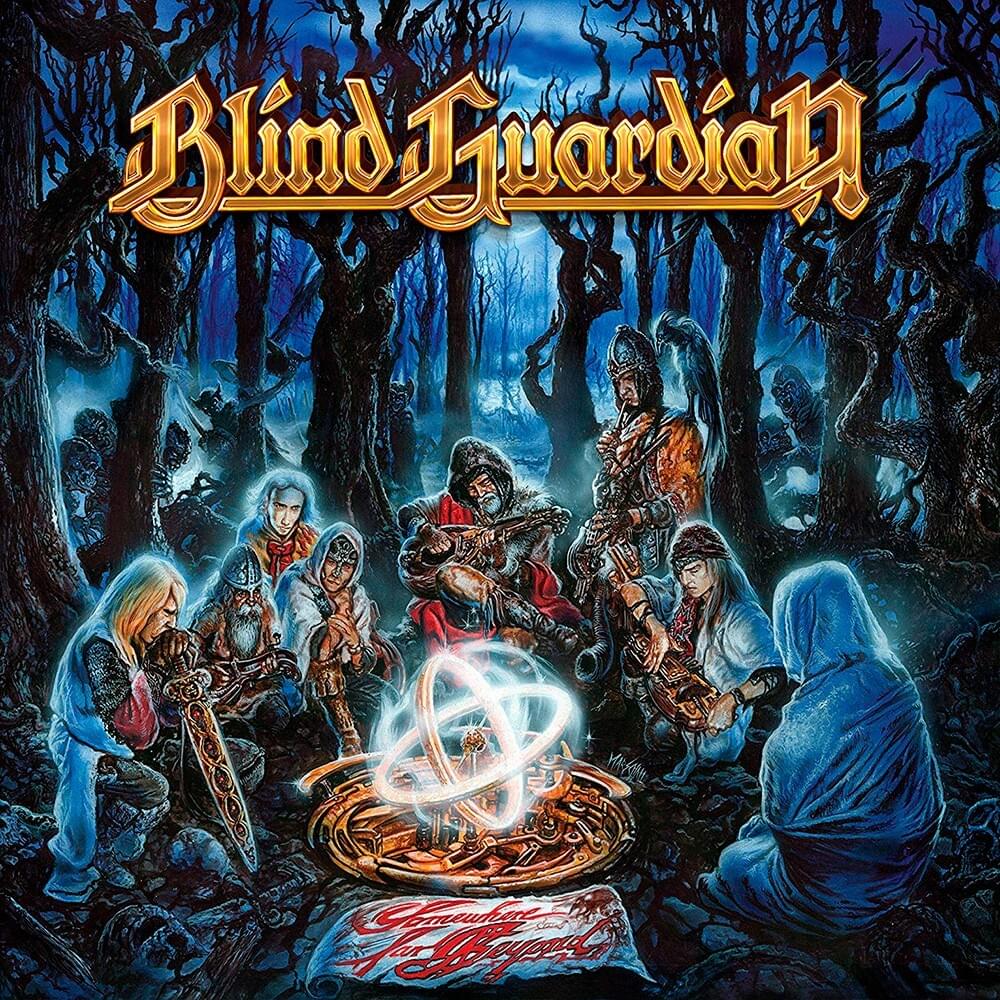
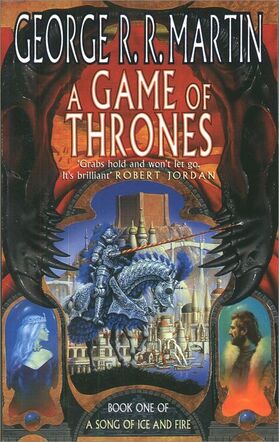
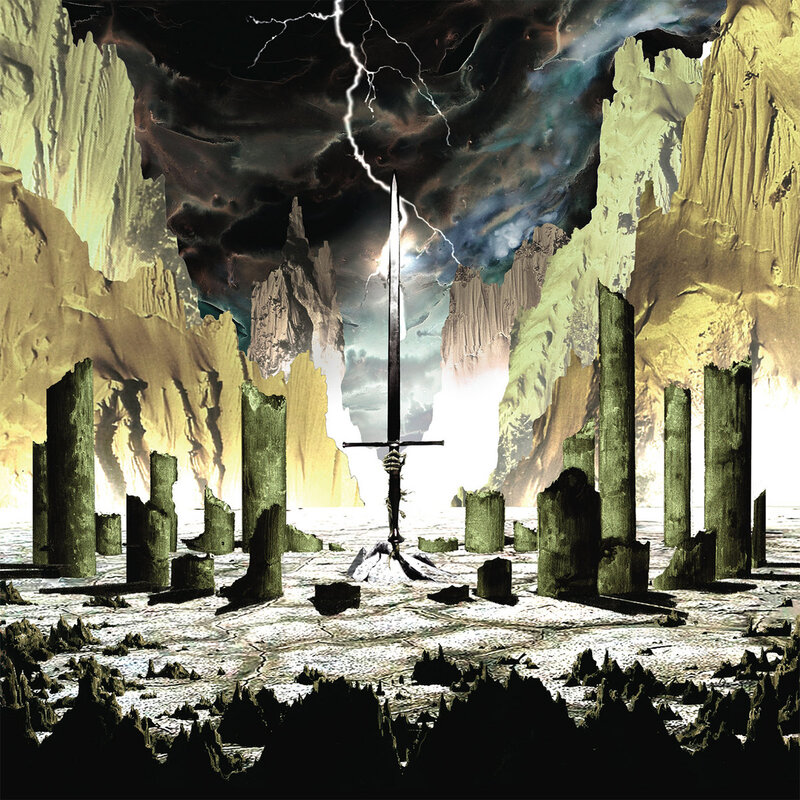
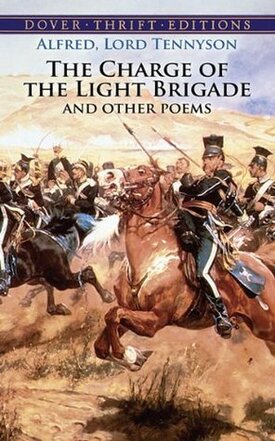
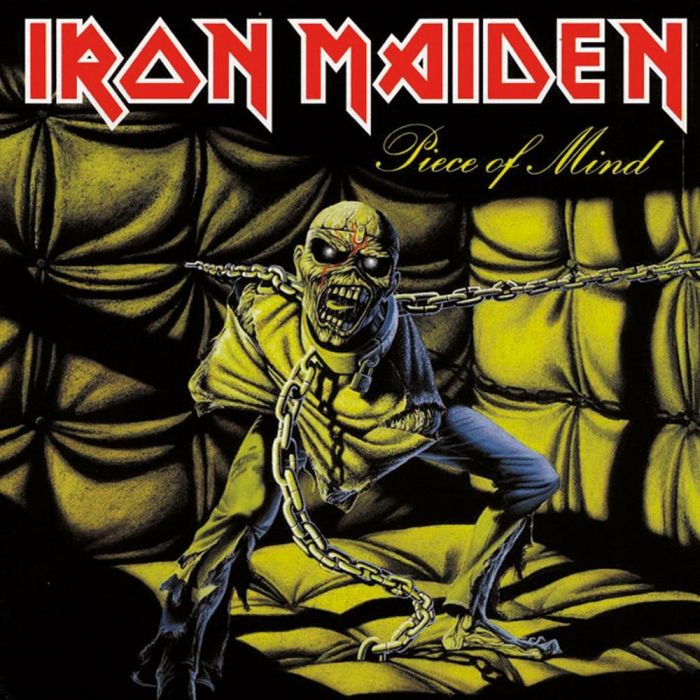
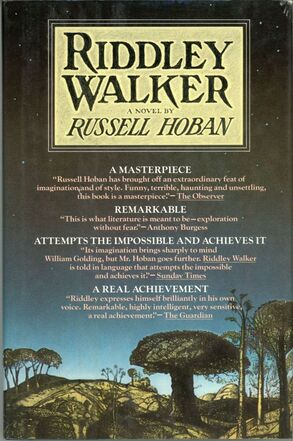
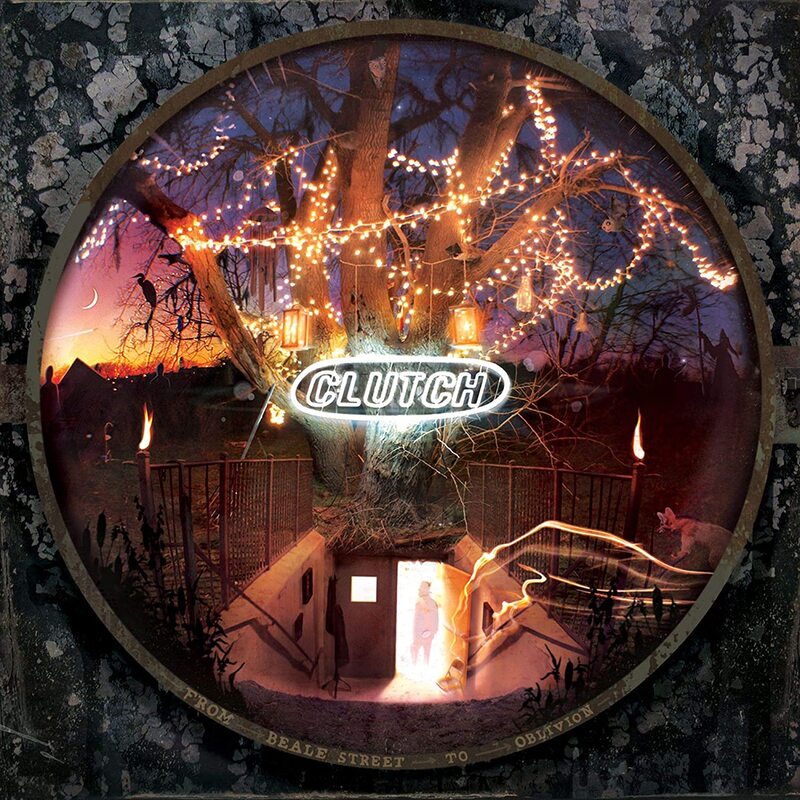
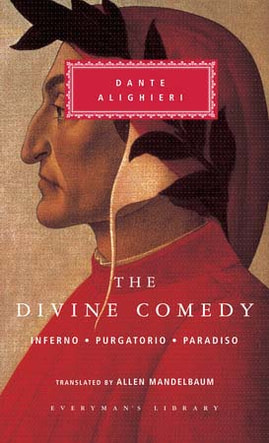
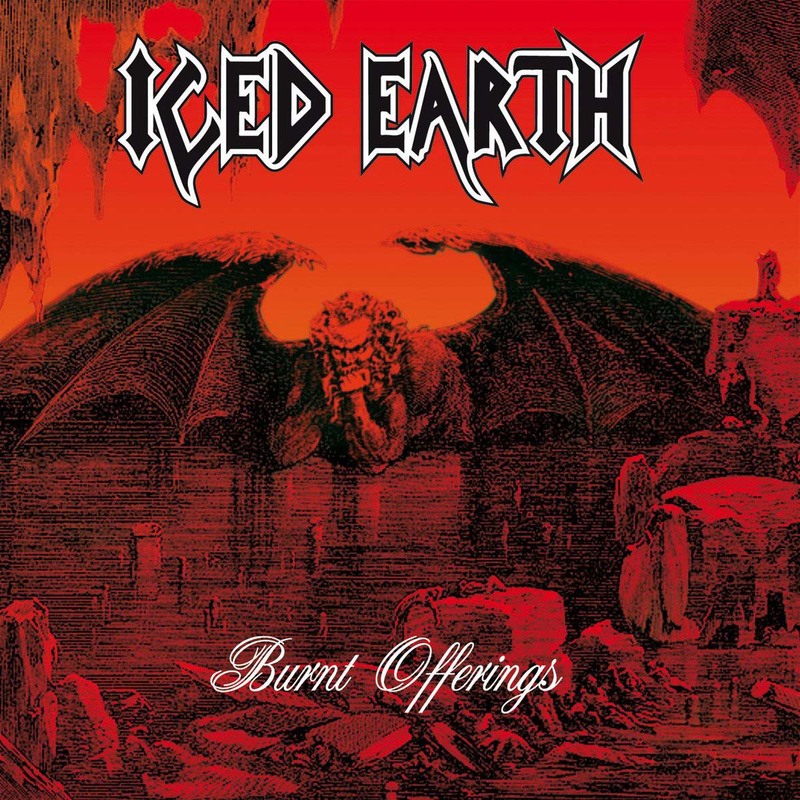
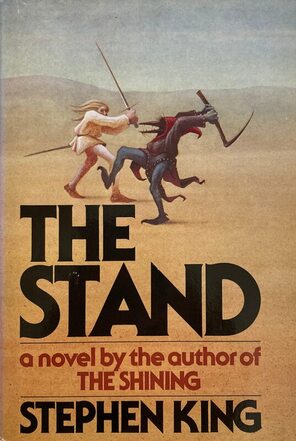
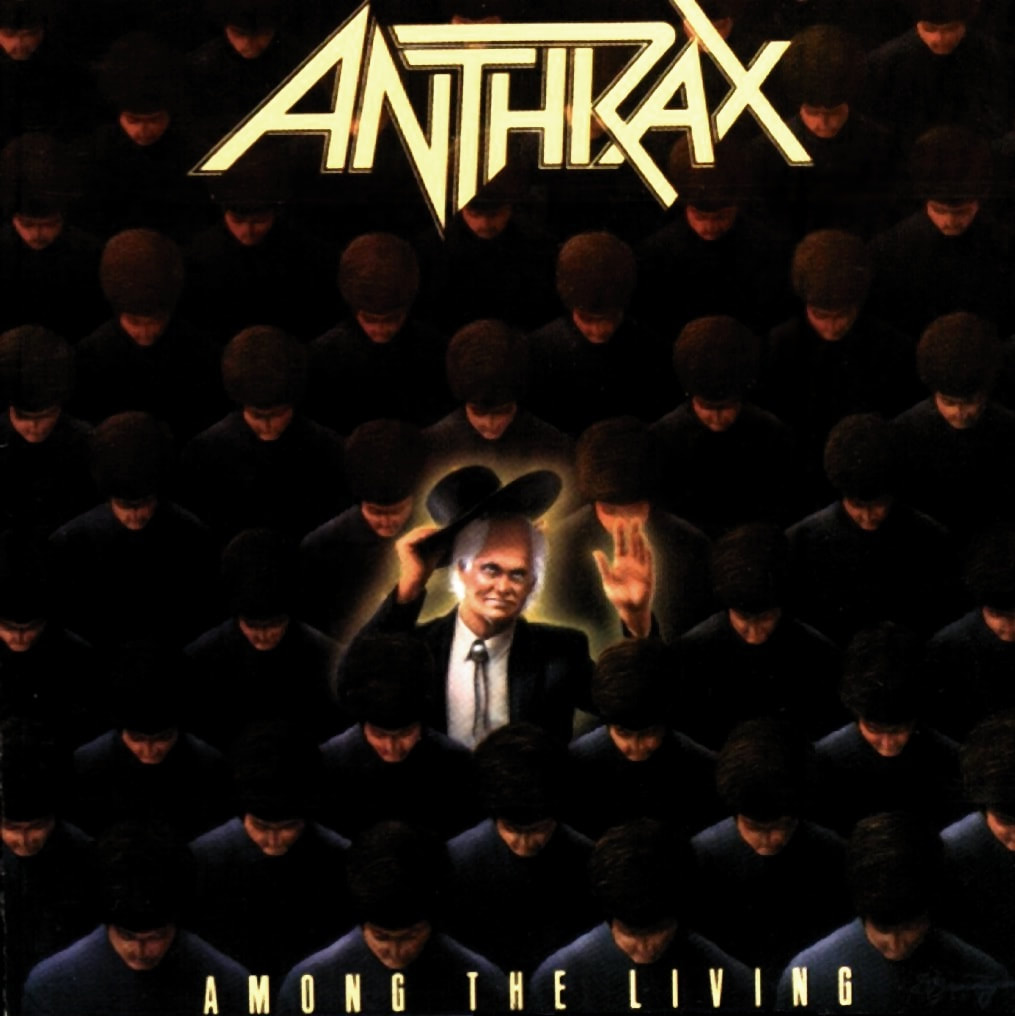
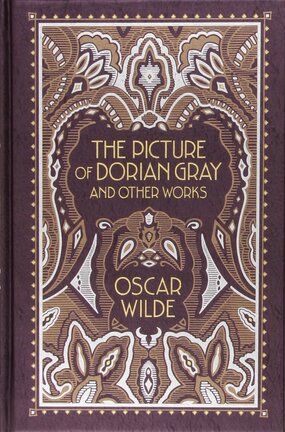
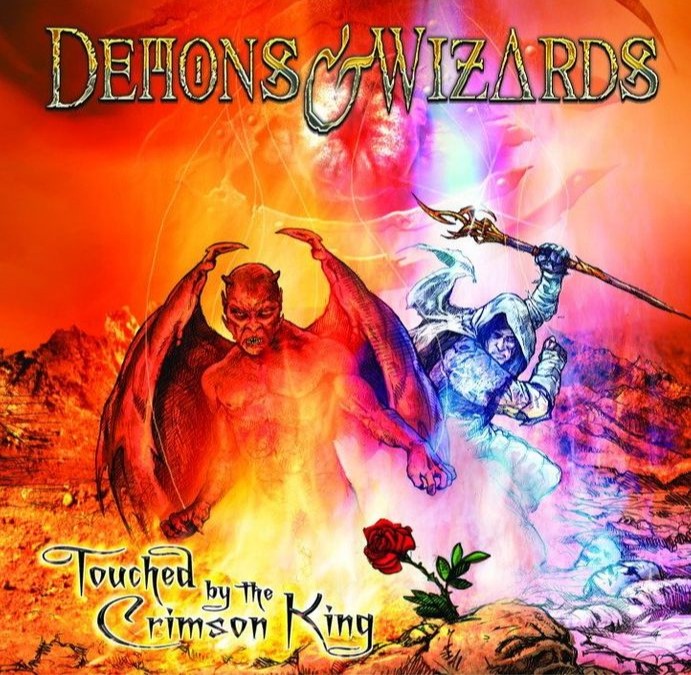
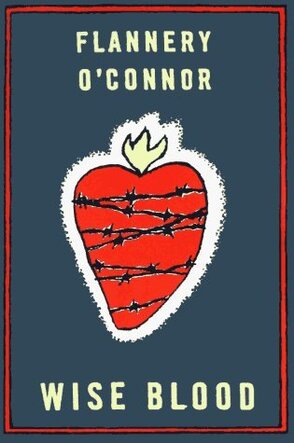
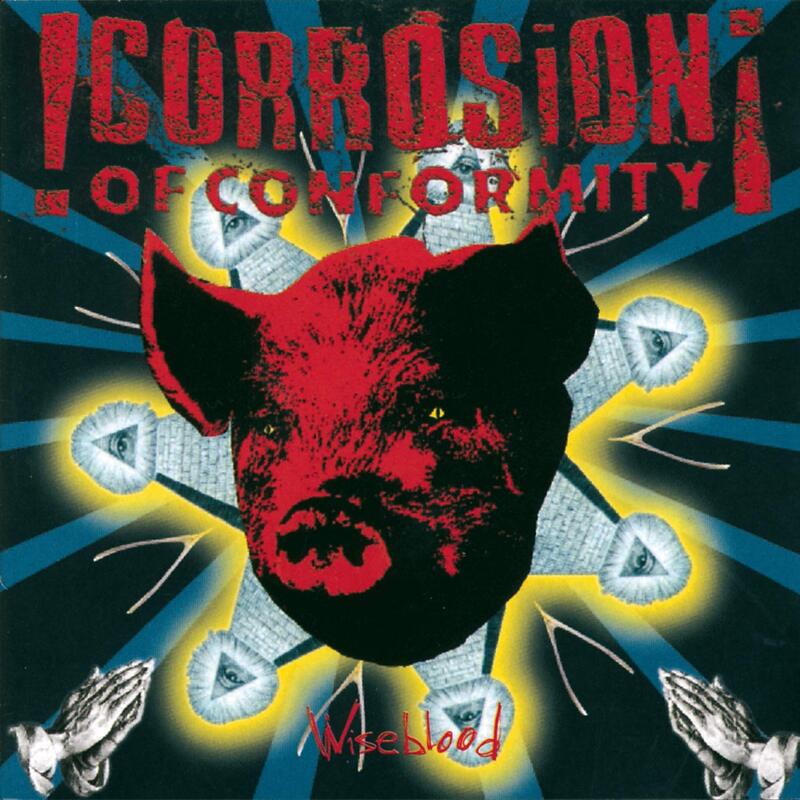
 RSS Feed
RSS Feed
